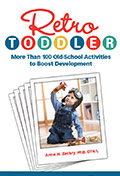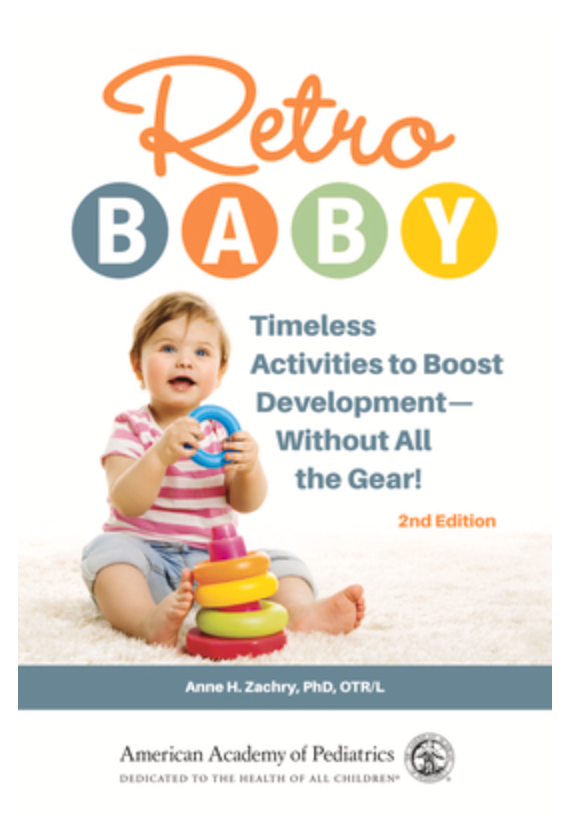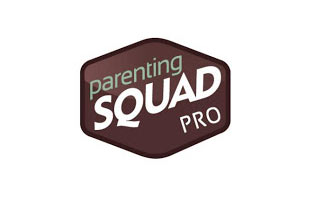“Of course,” you’re probably thinking. “Parents should absolutely praise their children!” Interestingly, research shows that it’s not whether or not you praise your child, it’s HOW you praise them. Studies have shown that children praised for their effort as opposed to their ability tend to work harder and are more motivated. For example, say “You worked so hard on that project! I’m very proud” rather than “You are so smart. That’s the best project in the class.”
The children in the study who were told that they were smart did not tend to do as well on subsequent tasks and seemed more concerned about their specific performance and scores than they did about learning. There seemed to be a fear of failure with these children.
The students praised for their efforts selected more challenging tasks and were more motivated to put forth effort on future tasks. So the bottom line is…praise your child for effort rather than ability.
There is another important point that must be made when it comes to praise. Don’t go overboard. We want our children to know that they are appreciated and loved, but we don’t want them to expect praise and encouragement every step of the way. If a child begins to feel entitled to praise, they will probably be sorely disappointed out in the real world where praise isn’t thrown our way constantly!








